Year published :2012
Pages :556 pp.
Size :15x23 cm.
Rights :World, except Japan
ISBN: 9786162150418
Family in Flux in Southeast Asia, The: Institution, Ideology, Practice
by Yoko Hayami, et alEdited by Yoko Hayami, Junko Koizumi, Chalidaporn Songsamphan, Ratana Tosakul
The Family in Flux in Southeast Asia fills a gap in studies of the modern family. With much talk about the “family in crisis” in the industrialized world, new trends are affecting basic family structures in Southeast Asia as well: decreases in fertility rates, aging populations, a rise in divorce rates, increase in female‐headed households, smaller families with a heavier burden on caregivers, and increasing mobility due to labor migration. While there has been abundant research on the historical evolution of the “family” in the West and much theorizing about the “family” in the industrialized world, accounts of the family in Southeast Asia are uneven, and understanding is still inadequate.
This volume, with contributions from leading scholars from Southeast Asia and Japan, covers a wide range of topics, such as legal institutionalization, polygamy, national identity, nationalism and ideology, gender roles, migration, and transnational marriage. The disciplinary backgrounds of the authors range across history, political science, economics, sociology, literary studies, and anthropology. The authors present cases of complementary, alternative, or parallel developments from Cambodia, Indonesia, Malaysia, Myanmar, Philippines, Taiwan, Thailand, and Vietnam. They provide a critical look at how notions of the family are negotiated amidst worries over the family’s disintegration in the face of globalizing trends and increasing mobility, and how it is affected by increasing flows in the globalizing world.
Highlights
- Multidisciplinary analysis based on recent research by Asian scholars of issues surrounding the challenges facing families in Southeast Asia
- Redresses imbalance in theoretical studies of the “family” by providing on-the-ground, local perspectives and data
- Uses cases from several countries, draws attention to commonalities of trends across the region, thus making an important contribution to Southeast Asian studies
- Draws connections between topics, such as how mobility and labor migration are affecting families left behind, or how religious or statist ideologies are affecting marriage practices
About the Editors
Yoko Hayami and Junko Koizumi are professors at the Center for Southeast Asian Studies, Kyoto University. Dr. Hayami has carried out long‐term research on the Karen people in Thailand and Myanmar, with a focus on religious dynamics, ethnicity, gender, and family. Dr. Koizumi has written widely on Thai history in the early Bangkok period and on modern Thai historiography.
Chalidaporn Songsamphan is associate professor of political science at Thammasat University, Bangkok. She works on feminist political theory, the politics of sexuality, gender and violence, and comparative politics.
Ratana Tosakul is a senior lecturer of anthropology at Thammasat University. Her recent research focuses on family, gender, and ethnicity in transnational contexts.
Keywords
family | history | sociology | migration | gender roles | polygamy | transnational marriage | kinship
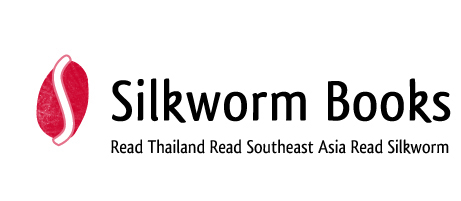

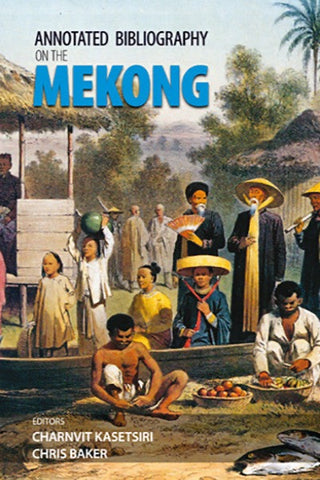
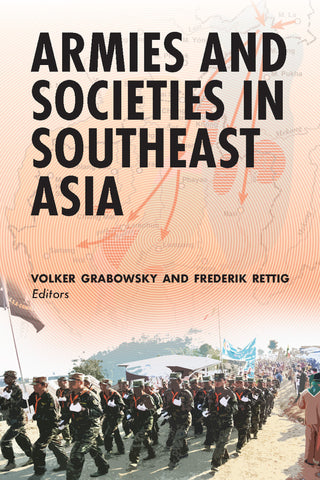
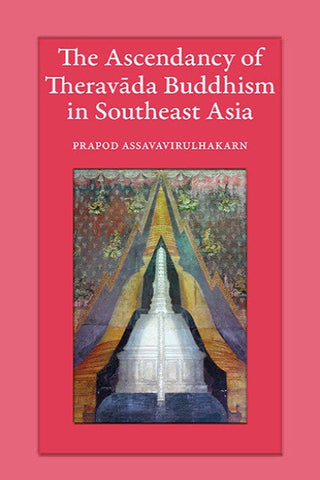
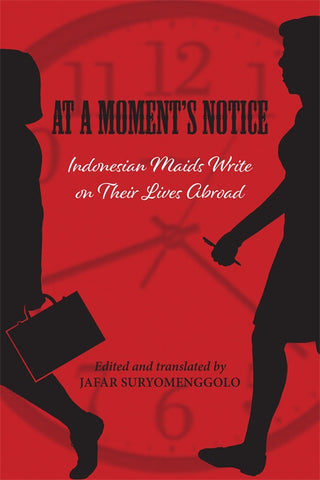
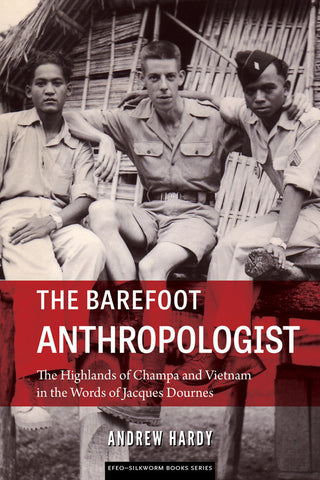
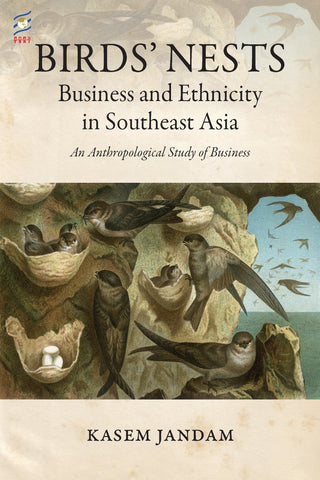
Share this item: